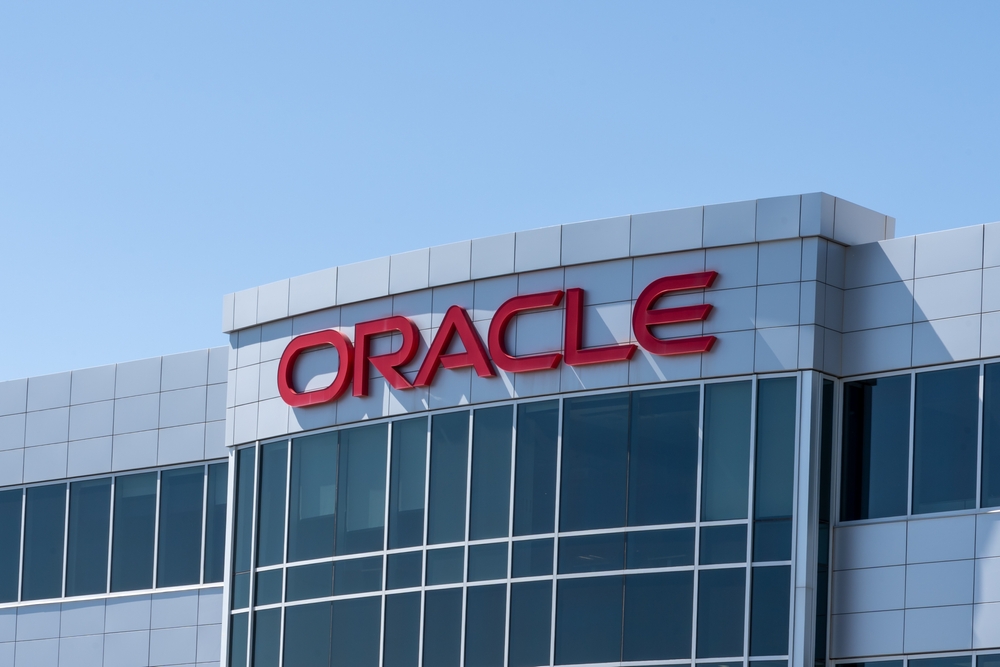Removing regulatory barriers
As of 2020, there were 7,602 ETFs globally. This is a considerable increase from just 276 in 2003 and 7,083 in 2019. In the next five years, ETFs are projected to surpass mutual fund assets in the United States.[1] [1] A new rule referred to as the “ETF Rule” has enabled stellar growth of ETFs. The rule was passed in September 2019 by the Securities and Exchange Commission (SEC) and removes the so-called "exemptive relief" regulations. This means that ETF issuers can more easily bring new strategies to market without the delay of obtaining an exemptive order.
What is allowed to be an ETF?
An exchange-traded fund is an investment vehicle for assets in securities with the goal of tracking a benchmark, such as an index, sector, or other assets. ETFs are like mutual, which is essentially a pooled collection of assets that invests in stocks, bonds, and other securities. When you buy a mutual fund, as well as an ETF, you get a more diversified holding than you would with an individual security.
For instance, if you want to invest in a technology ETF to gain exposure to a broad basket of technology stocks, you purchase a technology ETF that meets your technology stocks preferences.
Even though there are thousands of available ETFs to invest in, the SEC selects carefully which investment vehicles it approves and which it does not. A case in point, SEC has never approved a spot Bitcoin ETF proposal from any firm in the United States and only started accepting investment vehicles tied to BTC futures in October 2021. One of the challenges behind getting the SEC to allow a spot crypto ETF may be the nature of the investment vehicle. So here the SEC favors a more traditional investments to give them a pass as an ETF.
Key ETF advantages
The key advantage that makes ETFs stand out is that they can be traded like a stock on an exchange. Investors can buy an ETF as they would buy a stock and sell it at any time, as opposed to mutual funds subject to specific rules and requirements regarding selling. Also, an ETF's value is updated daily. ETFs are passive investments in that they track a benchmark, which also comes with added benefit of having low fees ratios.
ETFs are flexible: they can be either long-term or short-term investments depending on your preferred time horizon. You can simply pick one that suits your financial profile. For example, if you are looking to invest and hold for the long term, you may choose an ETF that invests primarily in blue-chip firms. If on the other hand, you are looking to make a short-term investment, consider an ETF that invests in new startups with high growth potential.
Bright future for ETFs
In the next five years, ETFs are likely to surpass mutual fund assets in the United States. [2] High-tech platforms will lead to increased competition among asset management firms and redefine the way investors think about their overall ETF portfolios. This is more good news for the investors.
In 2021, the ETF market has seen 28.8% growth and impressive $1.2 trillion of ETF net inflows. The net inflows were $779.4 billion, with global ETF assets under management amounting to $9.2 trillion in December 2022. The resilience of ETFs is especially evident when the net inflows achieved by ETFs are contrasted with $1.4 trillion net outflows from mutual funds in 2022.[2]
Peter Svoreň, Apme FX
-----------
Sources:
https://www.statista.com/statistics/278249/global-number-of-etfs/
https://www.investopedia.com/the-future-of-etfs-4772514
https://www.pwc.com/gx/en/industries/financial-services/publications/future-of-etf-2027-survey.html
[1,2] Forward-looking statements are based on assumptions and current expectations, which may be inaccurate, or based on the current economic environment which is subject to change. Such statements are not guaranteeing of future performance. They involve risks and other uncertainties which are difficult to predict. Results could differ materially from those expressed or implied in any forward-looking statements.
[1] https://www.pwc.com/gx/en/industries/financial-services/publications/future-of-etf-2027-survey.html
[2] https://www.pwc.com/gx/en/industries/financial-services/publications/future-of-etf-2027-survey.html




